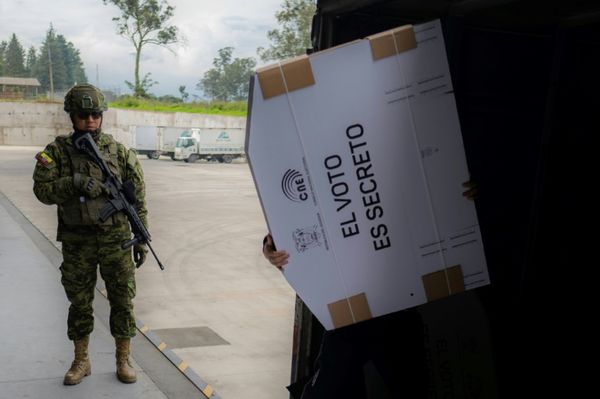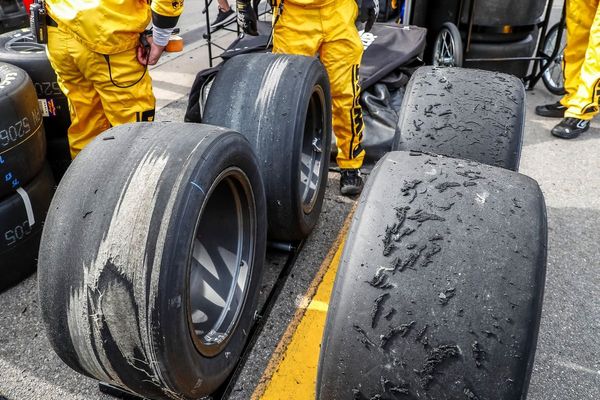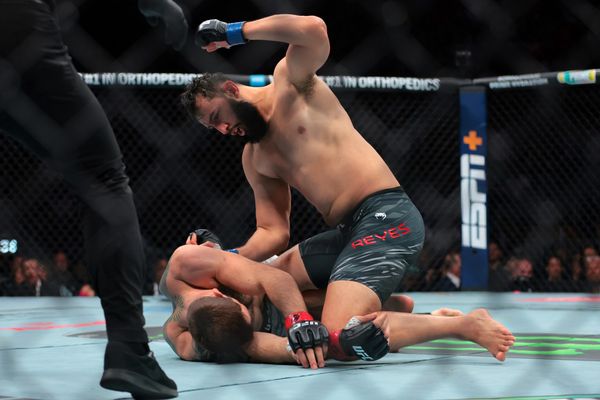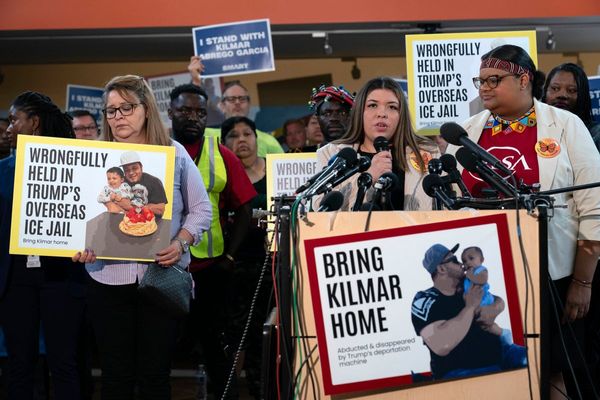
A Hong Kong court on Thursday jailed three pro-democracy student activists for six to eight months for leading and taking part in the 2014 Occupy Central protests, amid fears of Beijing’s tightening grip on the financial hub.
Pro-democracy leader Joshua Wong’s indictment — replacing his earlier punishment of “community service” given for unlawful assembly — means that he cannot stand for election in Hong Kong’s legislative council for five years. The other two jailed were Alex Chow and Nathan Law.
Rights activist Maya Wang tweeted: “This is a watershed moment for Hong Kong: it now has political prisoners.”
“Speaking at court before he heard the ruling, and clearly expecting to go to jail, Wong said he wanted to see a ‘hopeful Hong Kong when I am out [of prison] next year’, while Law declared he had no regrets about his activism,” the Hong Kong-based South China Morning Post said in a report.
“The beefed-up punishment marks the government’s second successful application this week to review community service orders for political activists, which prosecutors said were too lenient and sent the wrong message to young people,” the report added.
The three were arrested on September 26, 2014, while attempting “reclaim” the popular protest site dubbed “Civic Square” outside the Hong Kong government headquarters. The site had been shut down authorities following public security concerns.
“That protest ended with activists storming the building, and clashing with police. It was a prelude to the 79-day pro-democracy Occupy protests, which kicked into full gear two days later,” the South China Morning Post report said.

Rights groups said prosecutors pursued harsher punishments for the three after they were originally given non-custodial sentences at their first trial a year ago.
“The relentless and vindictive pursuit of student leaders using vague charges smacks of political payback by the authorities,” Mabel Au, director of the Hong Kong wing of Amnesty International, said.
“The real danger to the rights of freedom of expression and peaceful assembly in Hong Kong is the authorities’ continued persecution of prominent democracy activists. Prosecutions aimed at deterring participation in peaceful protests must be dropped.
“The vague provisions of Hong Kong’s Public Order Ordinance, on which this prosecution was based, have been repeatedly criticized by the UN human rights committee for failing to fully meet international human rights law and standards on the right of peaceful assembly,” she said.







